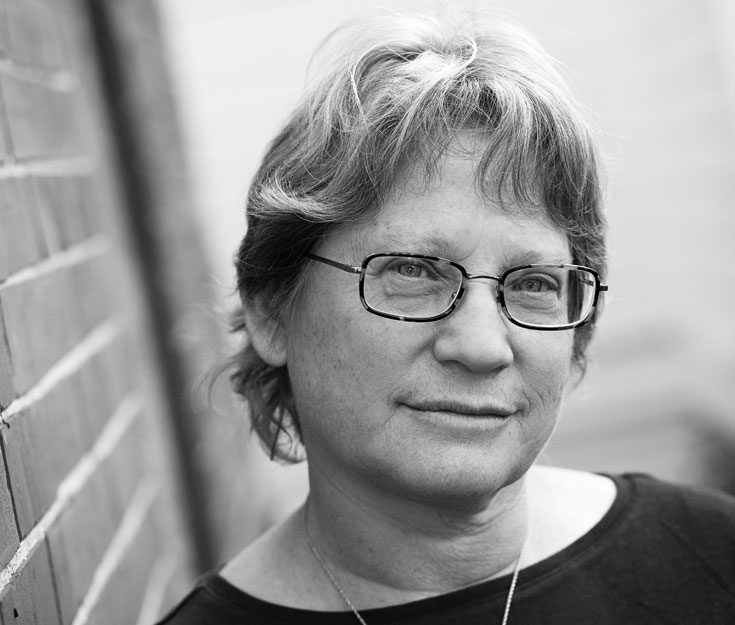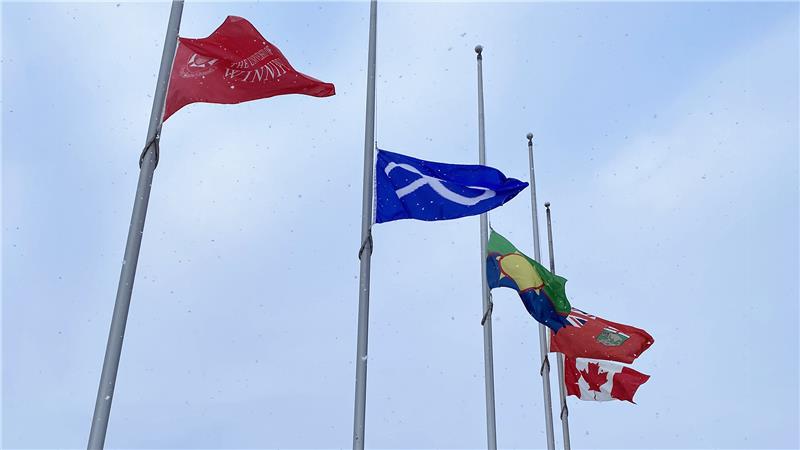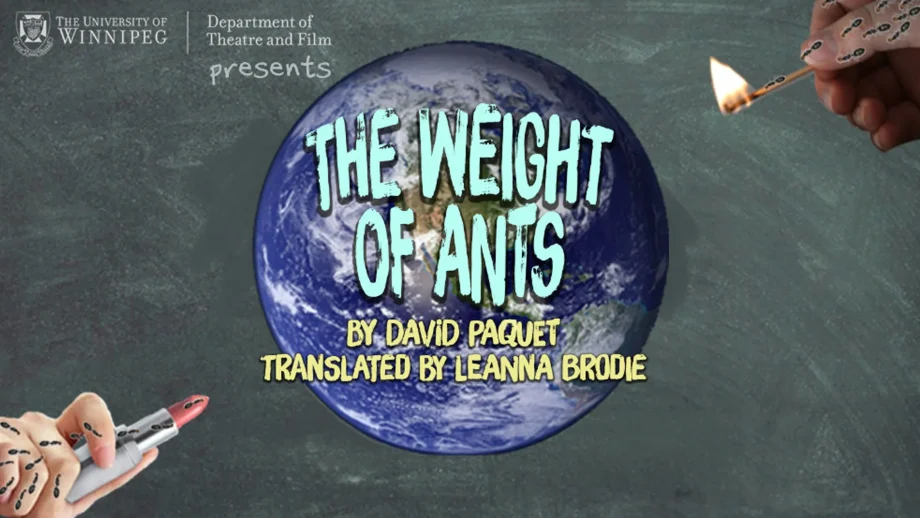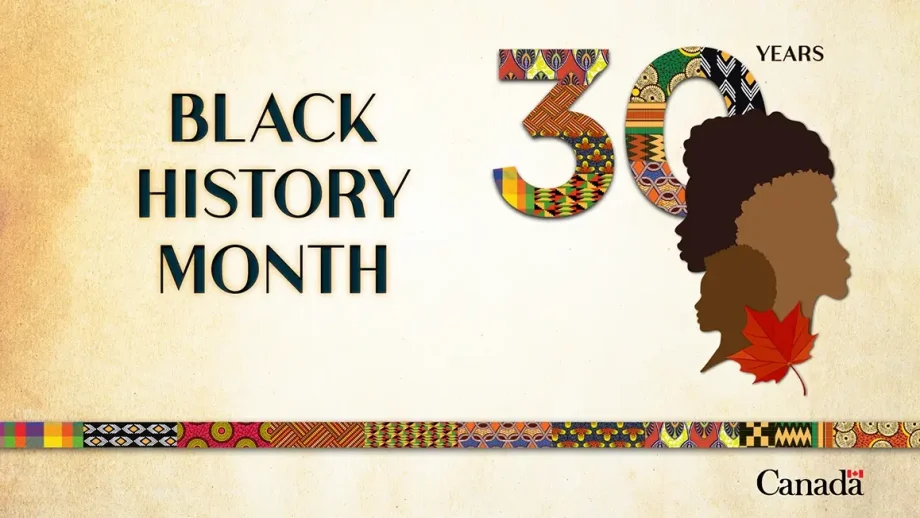
Fulbright Scholar Dr. Stephanie Kane is the inaugural Research Chair in Environmental Sciences at the Richardson College for the Environment
UWinnipeg’s visiting Fulbright Scholar, Dr. Stephanie Kane will be giving a lecture on Gender and Justice in Post-Disaster Recovery: A Critical Ethnography of Resilience in Ica, Peru, on October 22, 2014, 12:30-2:00 pm in Room 3D01, University of Winnipeg.
Kane’s career has drawn on her training in anthropology, ecology and biology to study central problems in social and environmental justice and public health. She has traveled widely, doing ethnographic fieldwork in the cities and forests of Central and South America (first in Costa Rica, then in Brazil, Panama, Belize, Argentina and Peru) and more recently in Asia (India and Singapore). In the Port City Water Project, the subject of her 2012 book Where Rivers Meet the Sea, she develops a comparative, cross-cultural framework for understanding contemporary infrastructural and ecological dilemmas.
Kane is the inaugural Research Chair in Environmental Sciences at the Richardson College for the Environment. She is currently studying the infrastructure of river diversion as a vital security system and plans to trace attributions linking flood events to global climate change at UWinnipeg.
Kane’s career has drawn on her training in anthropology, ecology and biology to study central problems in social and environmental justice and public health. She has traveled widely, doing ethnographic fieldwork in the cities and forests of Central and South America (first in Costa Rica, then in Brazil, Panama, Belize, Argentina and Peru) and more recently in Asia (India and Singapore). In the Port City Water Project, the subject of her 2012 book Where Rivers Meet the Sea, she develops a comparative, cross-cultural framework for understanding contemporary infrastructural and ecological dilemmas.
Her current fieldwork, builds on this cross-cultural framework to study social and environmental justice dimensions of engineering and flood events and to create an ethnographic entryway into the study of disaster and climate change.
Kane’s talk is co-sponsored by the Department of Criminal Justice Studies, the Institute for Women’s and Gender Studies, and the Department of Women’s and Gender Studies.
UWinnipeg’s Richardson College is establishing itself as a centre of excellence in applied research and policy in the area of climate change, including climate change mitigation and adaptation. Working in co-operation with government, industry and leading environmental organizations, faculty and staff associated with the Richardson College are attracting research funding for projects that lead to relevant policy development and real world solutions.




